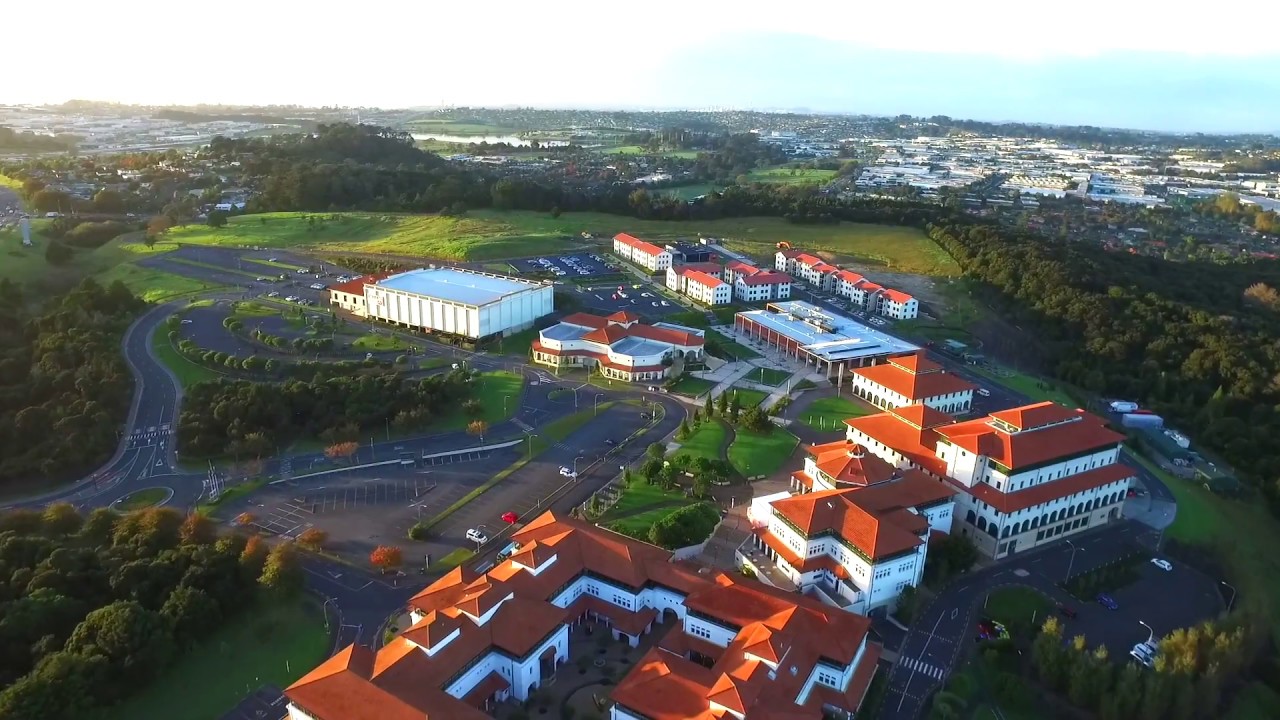Bachelor of Science in Earth Science
When you join the Bachelor of Science (Earth Science) you’ll join an area that’s solving geotechnical and environmental problems.
Massey’s Bachelor of Science (Earth Science) will take you on a journey of understanding the processes that moulded our planet. From our landscapes to our geological resources and soils, it’s a huge area to cover, leading to fascinating and varied careers.
Understand how the world works
You’ll develop an appreciation of the immensity of geological time. You’ll graduate with cutting-edge skills and the ability to predict future changes in the Earth’s surface such as natural disasters, climate change and water contamination.
Earth scientists are discovering hydrocarbon and mineral resources. They are establishing policy in resource management, environmental protection, public health, safety, and welfare.
World-leading in Earth, soil science and volcanology
We’ll take you beyond traditional geology. Massey University is one of the few places in the world with a research group that examines the combination of Earth and soil science. We are at the forefront in environmental geochemistry and the evolving discipline of hydrology.
Massey has a focus on finding innovative solutions to environmental issues. You’ll get an insight into the connections between geology, soil science and the environment. You’ll explore metals and plants, mining and remediation.
Massey is the number one place to study Earth Science if you’re interested in volcanoes. We have a large number of internationally renowned volcanology experts. You’ll get to explore this exciting and life-saving area through field trips to volcanoes in the Central North Island. We also have unique equipment that mimics volcanic ash flow.
Topics
Advanced Earth science topics include:
- understanding geological structures
- understanding New Zealand geology
- stratigraphy, sedimentology and paleoenvironments
- volcanology and mineralogy
- plate tectonics
- pedology and quaternary geology
- geographic information systems
- remote sensing
- field work.
Campus Information
Manawatu campus
The Manawatu campus is Massey's original campus. With lovely heritage buildings and park-like grounds located near Palmerston North city, it is one of the best places in the country to experience the real student lifestyle. With a huge portion of the population under 25 it is the perfect place for learning and living. The large campus is beautiful year-round with 11,500 different varieties of plants and trees in the form of manicured gardens, green fields, woodlands and bush.
Intakes
- Feb
- July
Application Processing Time in Days: 30
Application Process
Minimum English Language Requirements
| English Level Description | IELTS (1.0 -9.0) | TOEFL IBT (0-120) | TOEFL CBT (0-300) | PTE (10-90) | |
|---|---|---|---|---|---|
| Expert | 9 | 120 | 297-300 | 86-90 | |
| Very Good | 8.5 | 115-119 | 280-293 | 83-86 | |
| Very Good | 8 | 110-114 | 270-280 | 79-83 | |
| Good | 7.5 | 102-109 | 253-267 | 73-79 | |
| Good | 7 | 94-101 | 240-253 | 65-73 | |
| Competent | 6.5 | 79-93 | 213-233 | 58-65 | |
| Competent | 6 | 60-78 | 170-210 | 50-58 | |
| Modest | 5.5 | 46-59 | 133-210 | 43-50 | |
| Modest | 5 | 35-45 | 107-133 | 36-43 | |
| Limited | 4 | 32-34 | 97-103 | 30-36 | |
| Extremely Limited | < 4 | < 31 | < 93 | < 30 |
Job Opportunity Potential
Massey University Earth Science graduates are employed in many varied positions around the world, including in:
- various Crown Research Institutes
- regional councils (land and water resources),
- teaching
- universities
- consultancy
- science in the petroleum and petrochemical industries
- mining
- resource management
- hazards research
- land rehabilitation
- engineering geology.
If you are interested in a research career, Massey’s BSc will allow you to choose from a wide range of specialist postgraduate programmes throughout New Zealand and overseas.
Research scientists have specialised in geochemistry, paleomagnetism (the Earth's past magnetic fluctuations), palynology (fossil pollen), volcanology, phytoremediation (using plants to remove pollutants from soils), pedology, soil pollution, and groundwater.
PSW Opportunity
- During study, all students on a student visa can work up to 20 hours per week during semester and full time during vacations.
- After completing Level 7 Bachelor’s Degree or Higher Qualification, a student will get a three years open post-study work visa.
- After completing Level 8 Post Graduate courses of 1 year, students get 1 year PSW.
Admission Requirement / Eligibility Criteria
- All India Senior School Certificate (AISSC) or Indian School Certificate (ISC) Year 12 with an overall average of 75% and a minimum of 60% in English
- For most undergraduate level programmes, the minimum academic entry requirement is successful completion of a qualification equivalent to the New Zealand Year 13 - NCEA Level 3 University Entrance. International students need to check the equivalency of their secondary school qualification by reviewing the list of Academic Admission Requirements by Country/Region.
- International students who have previously studied at a New Zealand secondary school should refer to the secondary school requirements section.
- International students who have completed 3 x B at level 5 or 6 passes in the New Zealand Diploma of Business may apply for entry into a Bachelor's programme.
- An NZQA transcript as formal evidence of the NZDipBus results is required before credit will be assessed and only papers with a minimum grade of B will be assessed for credit.
- The English language requirements can be met by:
- A minimum IELTS 5.5 (or equivalent) used to gain entry to the NZDipBus or,
- A recent IELTS 6.0 with no band score less than 5.5
- Course Type: Full Time
- Course Level: Bachelors/UG Degree
- Duration: 03 Year
-
Total Tuition Fee:
101310 NZD
Annual Cost of Living: 20000 NZD
Application Fee: N/A
Similar Programs
- Bachelor of Science (Statistics) at Massey University
- Bachelor of Science (Psychology) at Massey University
- Bachelor of Science (Mathematics) at Massey University
- Bachelor of Science (Computer Science) at Massey University
- Bachelor of Information Sciences (Computer Science) at Massey University
- Bachelor of Arts (Statistics) at Massey University

